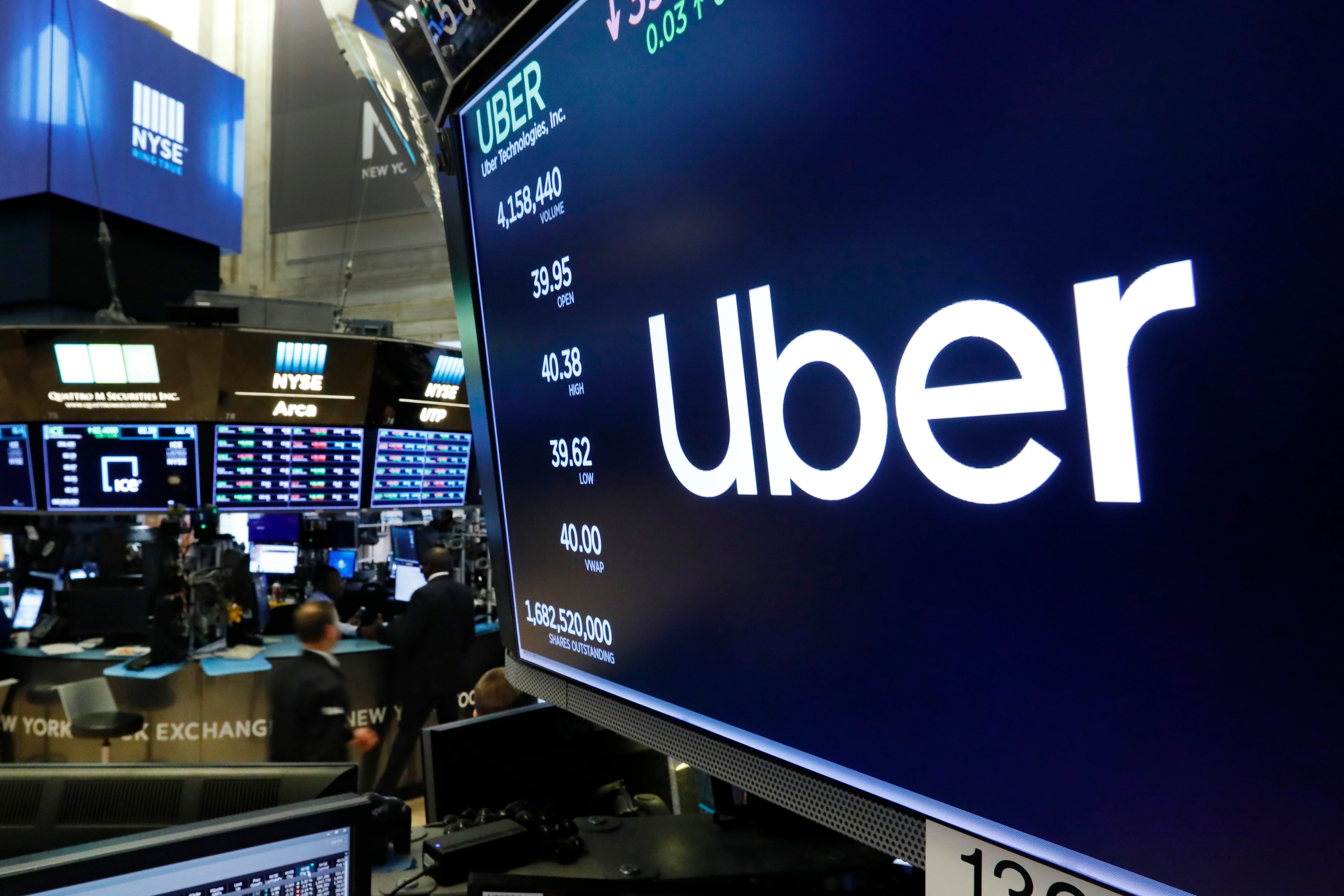The Supreme Court’s ruling on Uber sets an important precedent
Editorial: The balance of duties and responsibilities between the company and its workers has been reset in line with the law and the intentions of parliament

Uber has run out of road in its attempt to restrict its drivers’ employment. The Supreme Court has accorded Uber drivers the legal status of “workers”. In legal usage, as opposed to colloquially, this is a sort of hybrid between being classified as an “employee” and fully “self-employed”, and such workers can be found throughout the “gig economy”.
There are no more appeals, and the judgment stands as a landmark one. It sets an important precedent and will no doubt provoke a wave of claims for compensation from Uber drivers and others in analogous positions, where an organisation exerts more control over their working lives than it lets on.
One estimate is an average payout of £12,000 to Uber workers deprived of their holiday pay or left earning less than the minimum wage. The significance of the case can hardly be overstated.
The drivers’ claim for justice is compelling. Their earnings and hours of work were indeed tightly controlled by Uber, and thus their ability to take jobs elsewhere constrained, as is traditional in self-employment. The drivers were obliged to provide their own cars, to licence and insure them, which is commonplace in self-employed trades, but they had little say over the fees they could charge for their services to Uber, let alone their customers.
None of that will probably change, but the drivers will now rightly be covered by laws on statutory holiday regulations and minimum pay. The balance of duties and responsibilities between the company and its workers has been reset in line with the law and the intentions of parliament. Workers will no longer be left without proper protections; though nor will they receive the full employment rights of a full member of staff.
There are other, less welcome consequences. It will mean more expensive taxi rides and, insofar as the judgment is applied more broadly, higher costs for employers and higher prices for consumers. It may well be that a responsible and fair-minded citizen won’t object to having to pay a few more pounds to get home, but the trend towards ever cheaper taxis, and other services, will stall.
The other consequence should be to prompt the government into simplifying the tangle of domestic statute law, European Union directives and case law that currently exists. The Supreme Court’s Uber judgment is well argued and important, but it does not clear everything up. Employment tribunals will still need to apply it to circumstances subtly but crucially distinct from the Uber drivers’ case. Much case law on the provision by an employer of equipment dates back and refers to a world of typewriters and landlines rather than smartphones and apps.
There is also a continuing and surprising difference between the way self-employment is defined in tax law, as opposed to in employment law. Thus a tax official might conceivably – and lawfully – view an Uber driver as self-employed rather than as a “worker” for tax purposes, because that is how the tax rules work.
Post-Brexit, this might also be an ideal moment to revisit the notion of “worker” (as distinct from employee), as the concept was mostly a construct of European law, now transposed into domestic law, untidily. If the flexible “gig economy” is going to be an engine of job creation and economic growth in the years ahead, some legal clarity, defined afresh by parliament, might be helpful.
Fortunately, a review of modern employment practices was commissioned by Theresa May when she was prime minister. It was concluded almost four years ago. The Taylor report proposed a new status of “dependent contractor” to replace the amorphous “worker”. Unfortunately, the Taylor report has been ignored and forgotten, partly because of Brexit. Now that Brexit is “done”, at least nominally, it can be revisited, updated and turned into a roadmap for employment in the next phase of the digital revolution.
The Supreme Court did the right thing by the Uber drivers but the future of work should really be charted by parliament.



Join our commenting forum
Join thought-provoking conversations, follow other Independent readers and see their replies
Comments